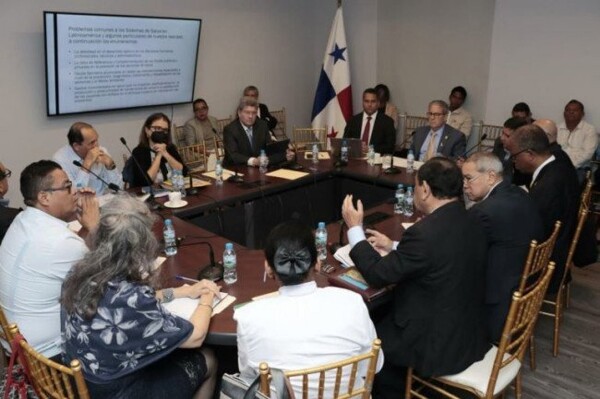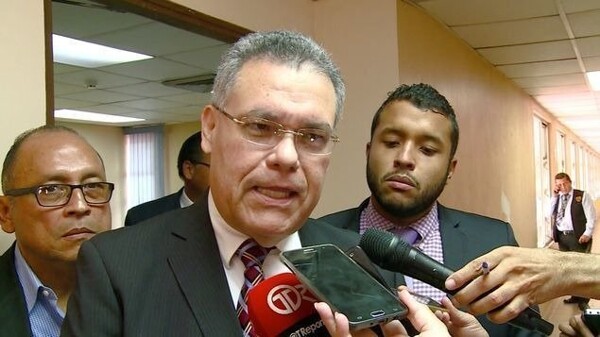Union and teaching leaders have reiterated their opposition to the proposed reforms of the Social Security Fund (CSS) in Panama. Marco Andrade, Secretary General of Conusi, emphasized the need for a social security system that protects the rights of the insured and guarantees the sustainability of pensions.
Andrade stressed the stance of organizations advocating for a return to a single and solidarity-based pension system, firmly opposing any measures that imply an increase in the retirement age, an increase in contributions, or the privatization of pensions. Additionally, he expressed the demand for measures that improve health care and address the issues generated by the 'pharmaceutical mafia' in the country.
The union leader warned about an upcoming bill that will be presented by the president in the National Assembly, mentioning that this initiative lacks consideration for the organizations participating in the dialogue tables, which has generated distrust and alarm among union representatives over possible cuts or unfavorable adjustments for workers.
Humberto Montero, a teaching leader from the National Front of Independent Educators (Frenei), pointed out the responsibility for the financial crisis of the CSS resting with businessmen and authorities who have used the fund as a piñata. Montero proposed a focus on a bill that addresses the real needs of the Panamanian people.
Both leaders affirmed their commitment to remain alert to government proposals and decisions in the coming days and prepared to defend workers' interests if necessary. Montero mentioned the importance of stopping the evasion of insurance payments by some employers and advocated for improving the financing of the CSS through resources from entities such as the Panama Canal, free zones, and airports, instead of burdening the insured further.














